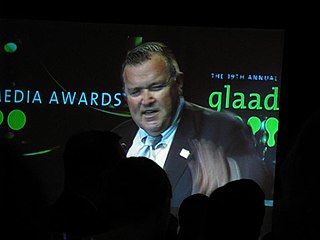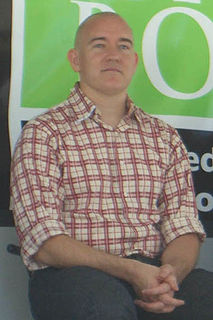A Quote by Courtney Act
An ex-boyfriend of mine is living with HIV. He has an undetectable viral load so I know first-hand how this can affect people in a serodiscordant couple - which is where one partner is HIV-negative and one is HIV-positive.
Related Quotes
We're [Clinton Foundation] trying to get rapid tests that give you results when you're right there on site at an affordable price. Ninety percent of the HIV-positive people in the world don't know they have the infection. An enormous amount of infections are being perpetrated by people who don't know they themselves are HIV positive.
In the States, the HIV transmission from mother to child is almost completely preventable - the only mothers who really do transmit it are the ones who don't come in for care. If a mother in the United States or in Europe or in the UK comes to care and gets her medicines, she will have an HIV negative baby. Most people don't know that.
When a person tests positive for HIV, it is not a test for the virus itself but for antibodies to the virus, and the test is not able to distinguish between HIV antibodies and a multitude of other antibodies. Many conditions can lead to a false positive result, including flu shots, hepatitis, and pregnancy.

































